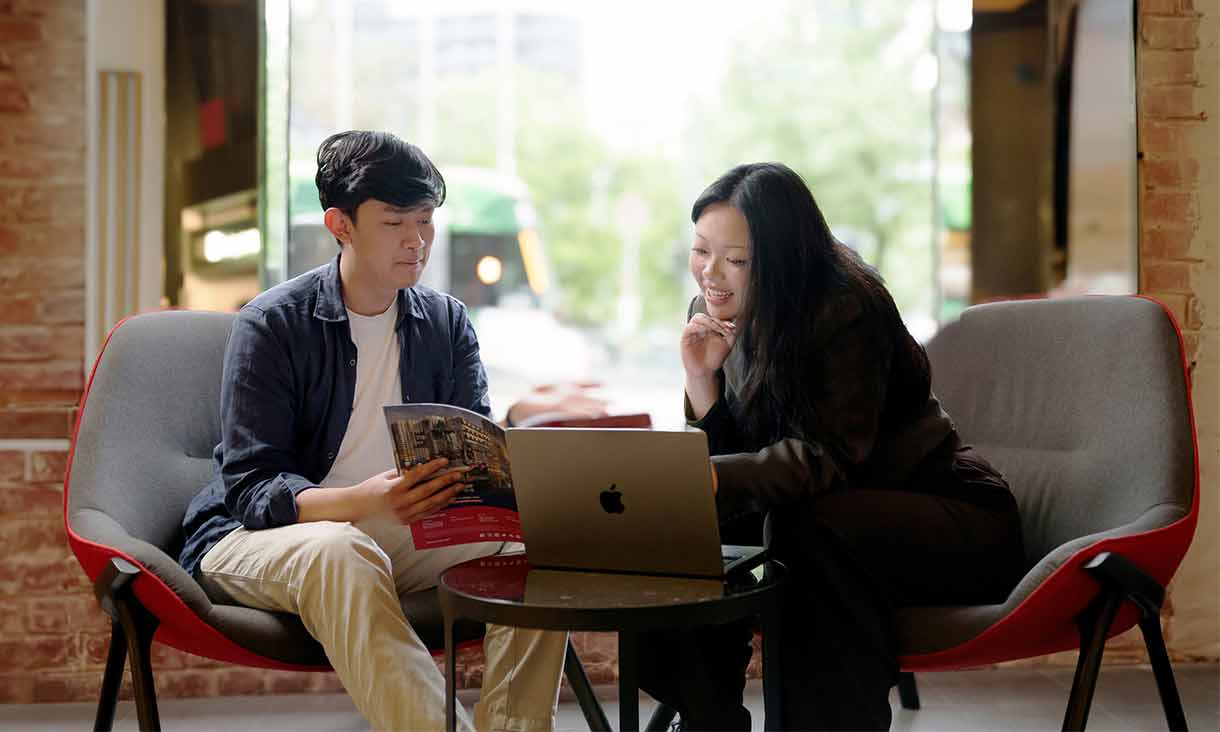
Bonnie Garmus: Lessons in Chemistry
21 May 2024
At this exclusive Melbourne event, best-selling novelist Bonnie Garmus discusses her captivating debut, Lessons in Chemistry.

RMIT Study Expo
22 May 2024
New skills, ideas and careers await. Join us in person and learn how to launch your career, transfer unis or advance to your next role.

Rising Stars: An evening with Singaporean writers
22 May 2024
Five of Singapore's most exciting writers come to Melbourne as a part of their whirlwind tour across Australia.

